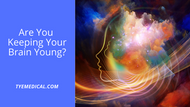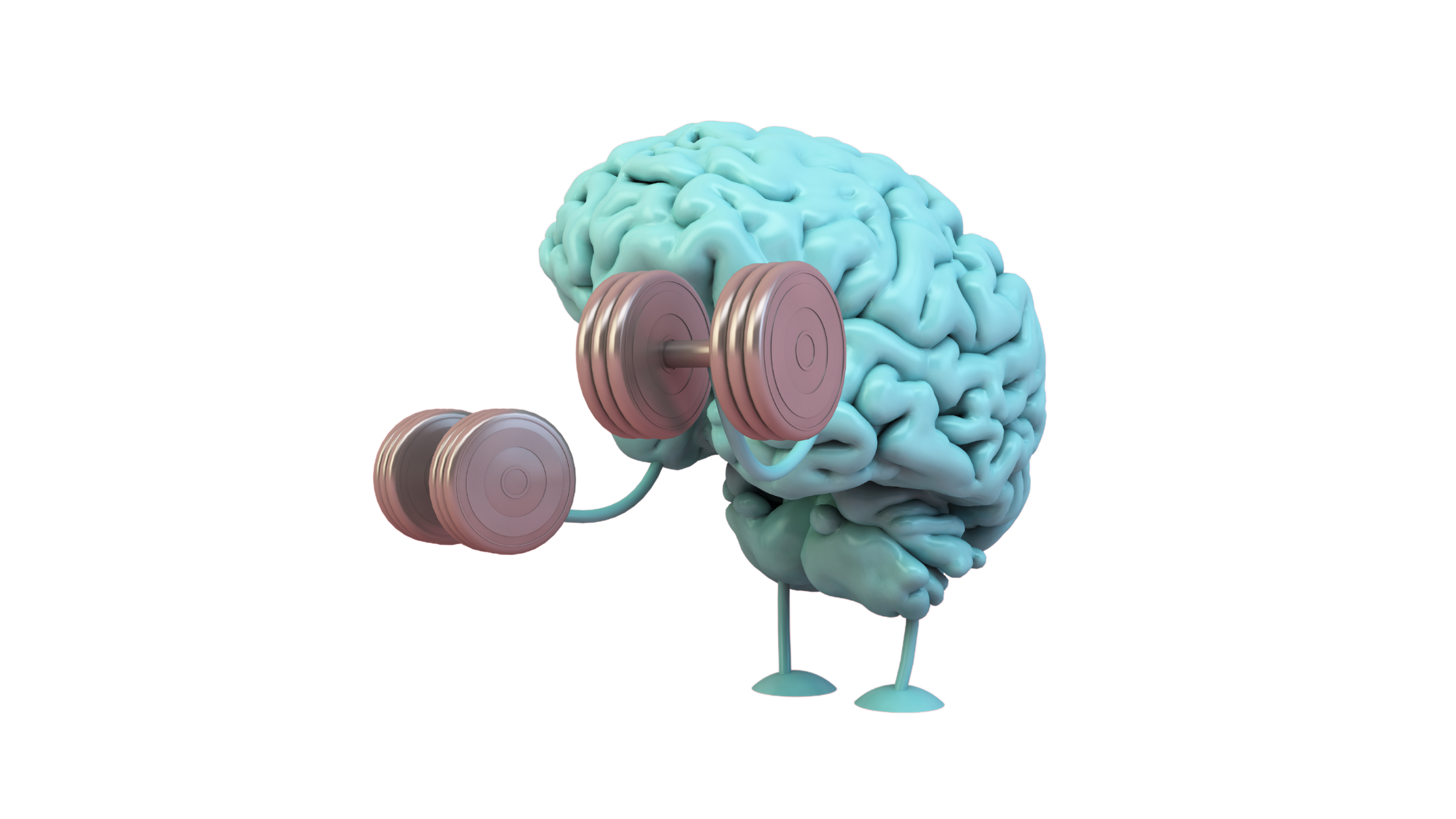Are You Keeping Your Brain Young? 7 Signs Your Brain Is Older Than You Are
Written by TYE Medical on Nov 8th 2022
If you’ve ever said, “I don’t feel my age,” there may be more truth to it than you thought. But for some, the pendulum swings the other way, and you may at times feel older than your years. But in either case, you might not be off base.
According to research, it’s possible you’re noticeably older or younger in brain years than in chronological years. This disconnect between how old we feel and our calculable age may not all be in your head. (No pun intended.) Your brain doesn’t necessarily age at the same rate as the rest of you.
Whether your brain is youthful or on the decline depends on your personality, lifestyle, and health. But how can you tell which direction your precious gray matter is trending? Check out these signs that can help you pinpoint your actual brain age. And if necessary, you can read on for tips on how to counteract a decline.
3 Signs of a Youthful Brain
The age you feel, rather than your age in years, is referred to as your subjective age. If your subjective age is younger than your biological age, then you’re on the right track. Research published by Seoul National University and Yonsei University in South Korea shows that if you feel younger your brain typically shows fewer signs of physical aging.
This means that a younger subjective age can significantly impact brain function and structure in positive ways. Exactly how this happens isn’t fully understood, but there are some theories. It’s possible that because you think yourself more youthful, you’re more physically and mentally active. And increased physical and mental activity are known to improve brain health. In this case, the mind truly does trump matter.
Want to get in tune with the youthful you? Then do things that make you feel young avoid those things that remind you too much of your biological age.
You Speak More Than One Language
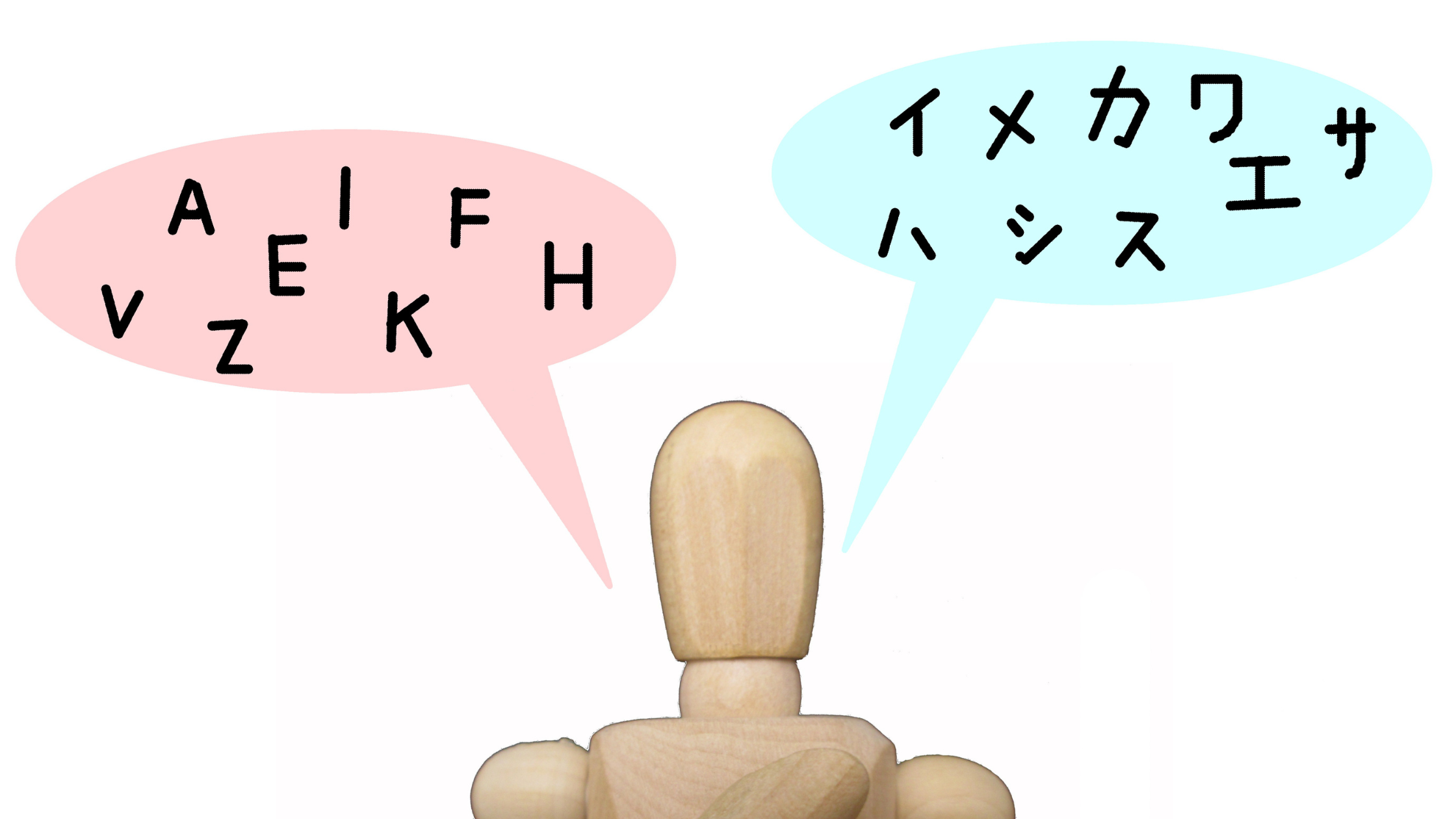
Speaking two languages forces your brain to be more efficient and reduces “wear and tear” on your frontal regions that are overused when you speak one language. No kidding. According to the research, bilingual people have neural connections that are more centralized and specialized, allowing them to more efficiently select information, saving brain energy and preserving youthfulness.
Want to keep your gray matter young and vital? Pick up another language!
You Live in the Present
Living in the moment through mindfulness and meditation may not only preserve gray matter but also increase it. Meditation reduces stress, and stress reduction helps you physically conserve gray matter. Staying in the present through meditation can also stimulate the formation of new synapses that help cells communicate, which in turn promotes an increase in gray matter.
Experts recommend that you start a meditation or prayer routine that lasts at least ten minutes and increase duration as you get comfortable.
3 Signs of an Aging Brain
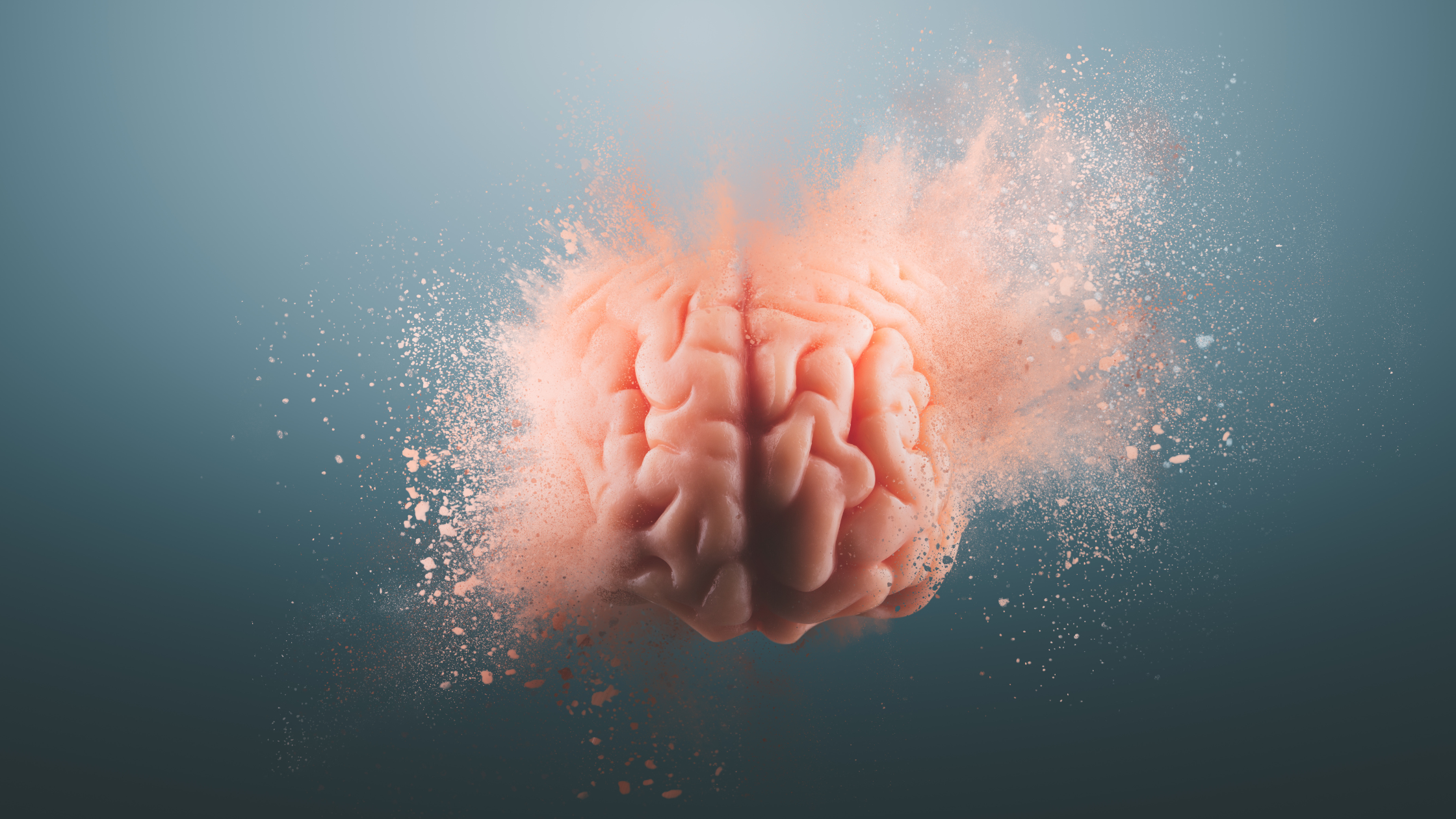
Is your brain aging faster than it should?
You’re Cynical Much of the Time
A negative or cynical attitude may threaten your health and even lead to an early death. So, it’s no surprise that it can also fast-track cognitive decline. It’s a motivating reason to turn a new leaf and look at the sunnier side of life.
Researchers surmise that negative stress is to blame. Cynical people tend to be more stressed in general with higher cortisol levels. Cortisol is known to negatively impact brain health and prevent you from thinking clearly.
If you think you have a cynical worldview, believing the worst about others, it could help to retrain your thinking and revamp your mindset. Before you dive too deep into negativity, stop and choose to give people the benefit of the doubt–at least most of the time.
Your Attention Wanders A Lot
It’s tough for anyone to concentrate during times of stress, but if you find it especially difficult to stay focused when things heat up, it could be a problem. Becoming easily distracted during a stressful time could indicate cognitive aging, and it could start as early as age 30. Why does this matter? It’s sometimes a precursor to eventual Alzheimer’s.
While stress can pull you away into distraction, the accompanying stress hormones should actually help you focus. It’s part of your fight, flight, or freeze response. But this only works if each part of your brain is responding correctly to signals to focus.
If you suspect this could be an issue for you, cognitive testing could help you determine if you have a predisposition to cognitive decline.
People Notice Your Forgetfulness
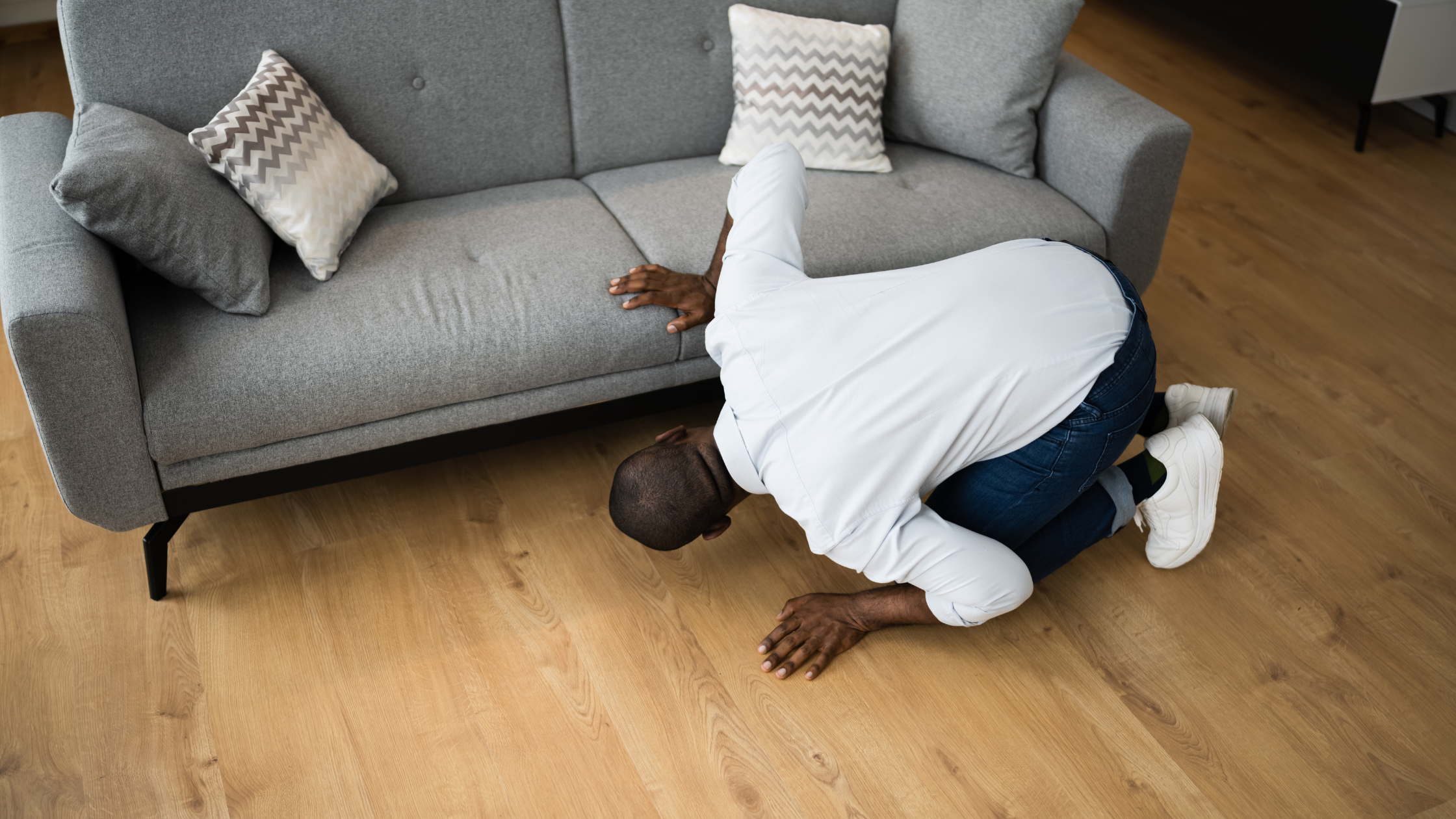
You’ve probably forgotten where you laid your keys more than once. But constantly losing them or frequently finding them in strange places can indicate a problem. Typically, the people around you notice the pattern of memory lapse before you do. So be sure to carefully consider all feedback.
It’s best to pay attention to what your friends and family members say rather than just brushing it off. This could mean it’s time to see a professional.
You’re Tired During the Day
You’re probably thinking, “Who isn’t?” A fast-paced, intense life can make you feel run down, and it’s not uncommon to feel tired during the day. But it’s also possible that you’re just not getting enough sleep, whether it’s not allocating enough time or due to sleep apnea.
In either case, the result is an aging brain. And if you battle sleep apnea, the lack of oxygen intensifies the effects on your brain, even shrinking sections that involve memory and learning. If you’ve been neglecting your nightly rest, it’s time to make it a priority. But if sleep apnea is the culprit, be sure to seek medical treatment and use your equipment as prescribed.
How much sleep should you get? For optimal brain health, aim for seven and a half to eight hours of sleep each night.
How to Have a Youthful Brain
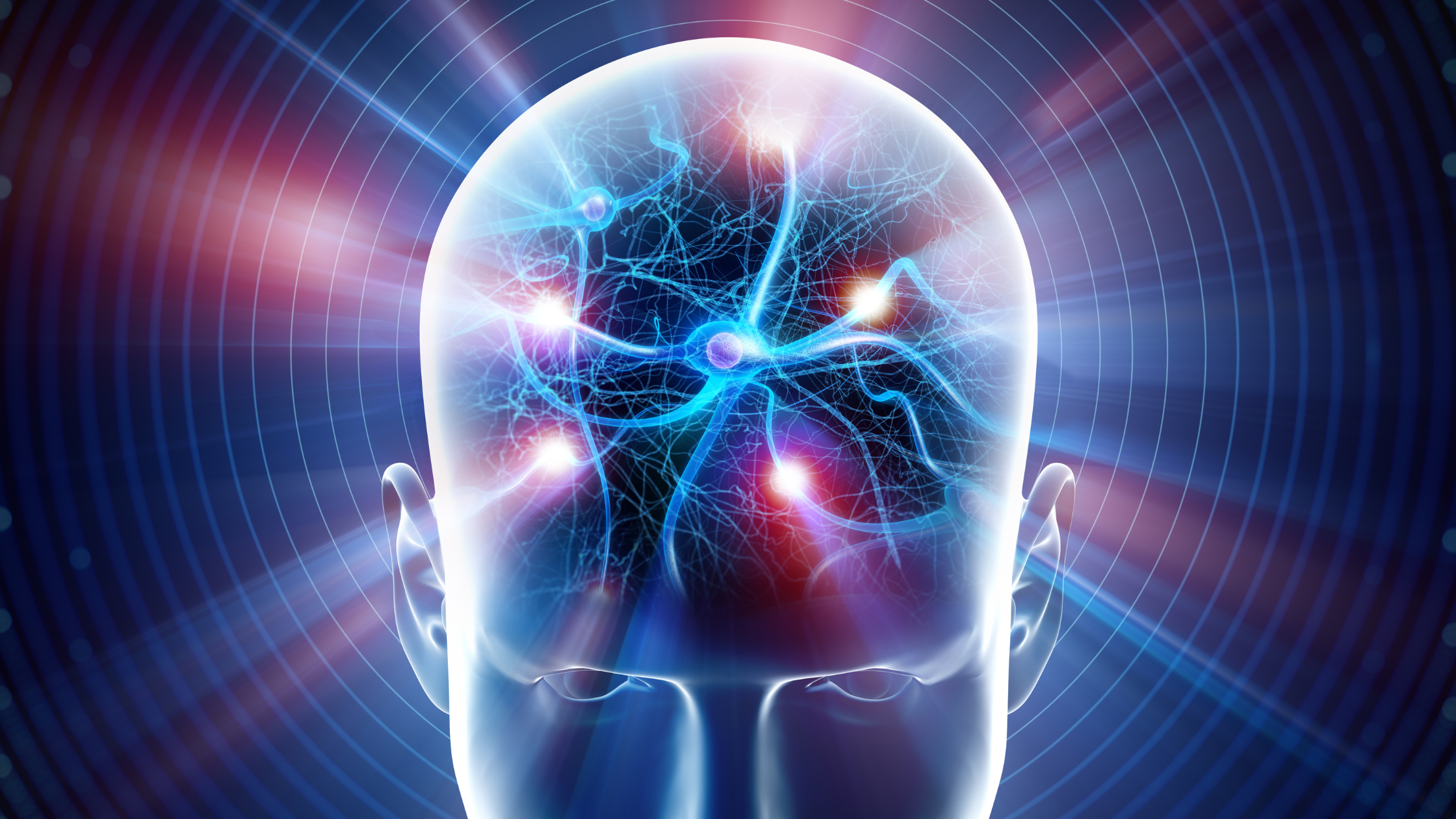
So is it too late? Not necessarily. There are ways to reverse brain aging and promote youthfulness, and they’re all practical lifestyle tips that most anyone can do.
Adopt the MIND Diet
These days there’s a food plan for everything–even brain health. If you want to maintain your brain’s vitality, try the MIND Diet (Mediterranean-DASH Intervention for Neurodegenerative Delay). This diet is packed with nuts, fish, berries, leafy greens, and olive oil.
Skeptical? Research shows this diet can roll back the clock on your cognitive age by seven and a half years. The MIND Diet also benefits your general health as it limits sugar, fried foods, and red meat.
If you follow this food plan, you can cut your risk of Alzheimer’s and dementia by 35-53%, depending on how closely you adhere to the guidelines.
Take the Stairs
And we mean literally. Research shows that for every flight of stairs you climb daily, your brain age drops .58 years. If you’re committed to brain health, you’ll need to learn to like those hikes up the stairs. You’re more likely to commit to a workout routine if you derive some enjoyment from it.
Exercise equipment like stair climbers are available at most gyms and can be purchased for at-home use. Of the types of physical activities studied, stair climbing had the most significant impact on brain health.
Talk It Out
Lower stress equals a happier brain. If you want to keep a young mind, release some of those stressed feelings to a good listener you trust. Research shows you’re better off cognitively if you utilize trusted social connections to vent and destress. It actually slows brain aging.
Whether it’s a call to your mom, a text to a friend, or a conversation with your spouse, it’s better for your brain if you share what’s weighing on you. Just be sure to return the favor.
Power Walk

If you were thinking, “Stairs really aren’t my thing.” Then you’re in luck. Walking works too (just not quite as well). Brisk walking three to five times per week can improve memory loss and increase cognitive abilities if you're middle-aged or older.
If you’re not accustomed to regular walking, you can start slowly and increase your pace gradually throughout the week. For more information, check out our article, How Daily Walking Benefits Seniors (and Tips for Getting Started).
Keep a Positive Attitude
As noted, cynicism ages your brain more quickly. But when you turn that frown upside down, you can boost your brain’s vitality. According to research, maintaining a hopeful outlook or just seeing the world in a more positive light can actually slow memory decline and loss of gray matter.
Those who faced the most difficult circumstances were better able to persevere emotionally, physically, and even cognitively through the power of positivity. Hope and determination, two key ingredients of a positive attitude, often characterize the spirit of survivors, even those fighting cancer against tremendous odds. That’s the kind of thinking that keeps your brain young.

